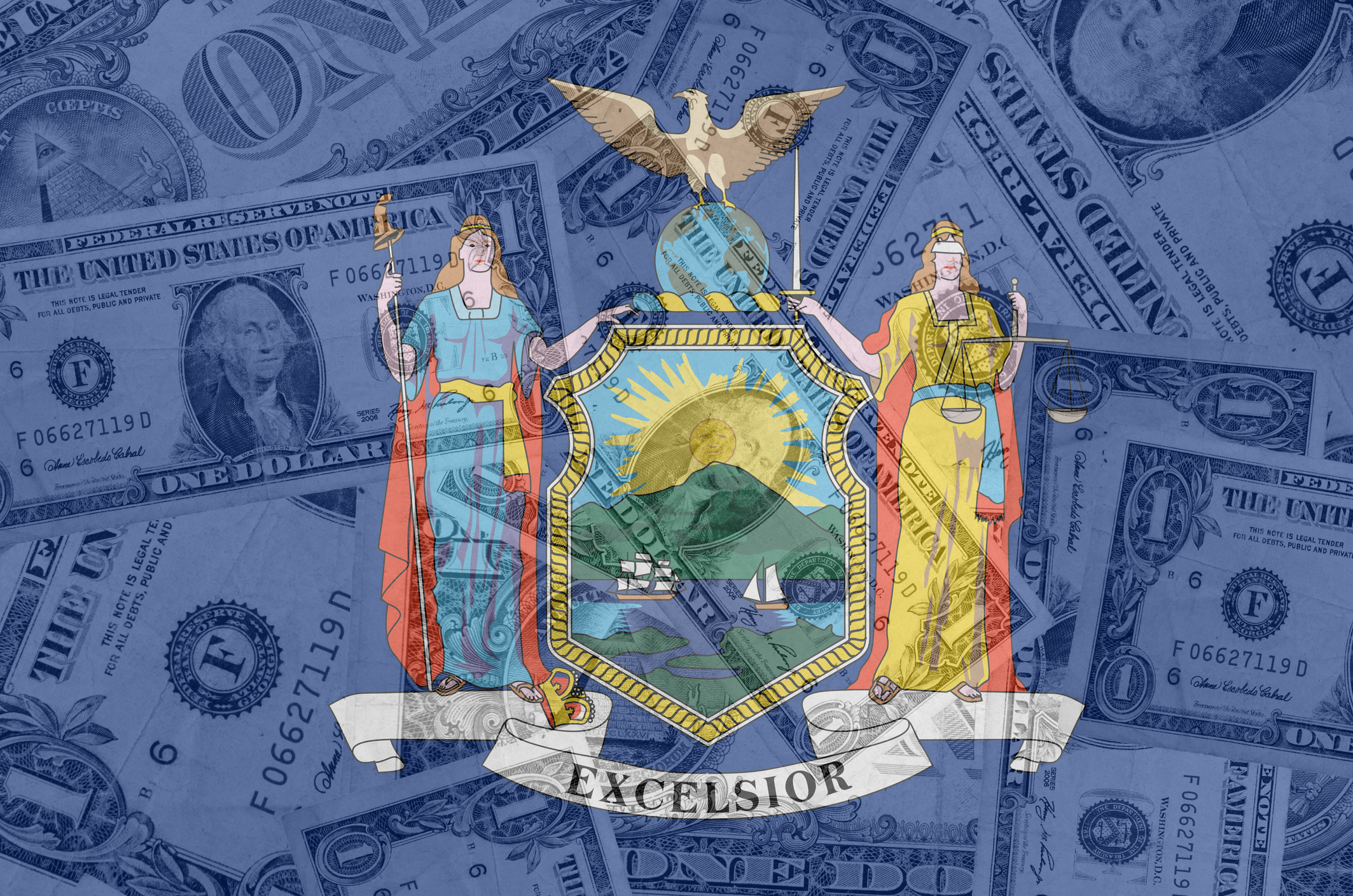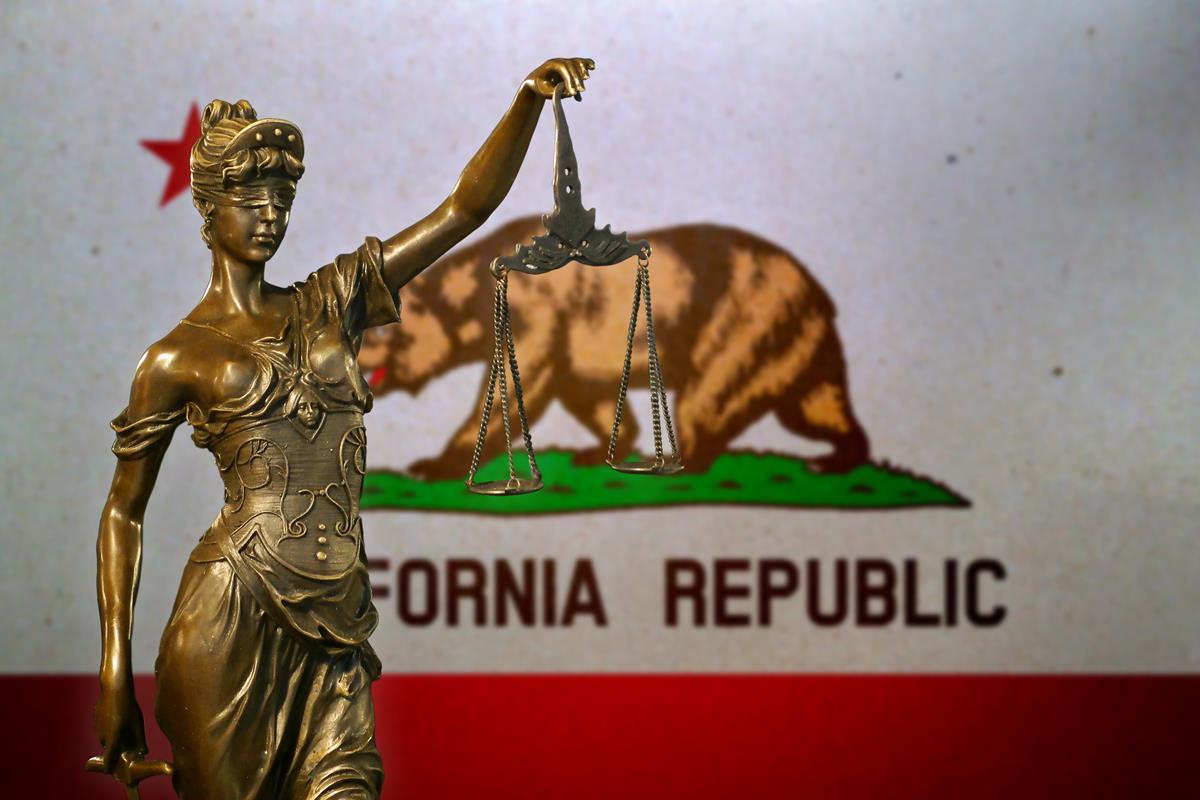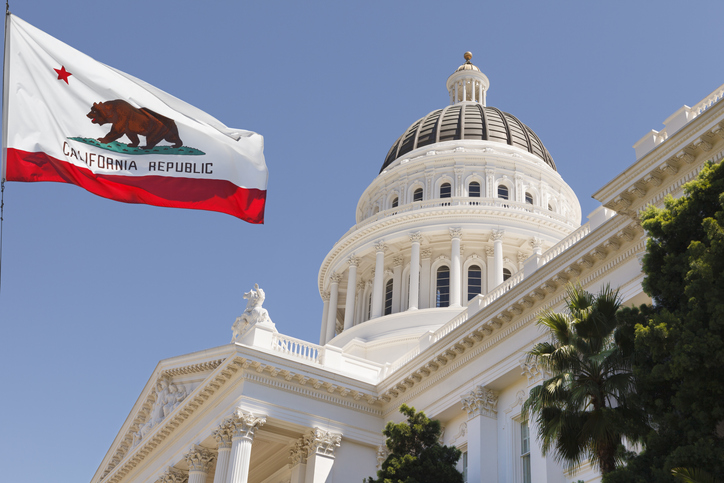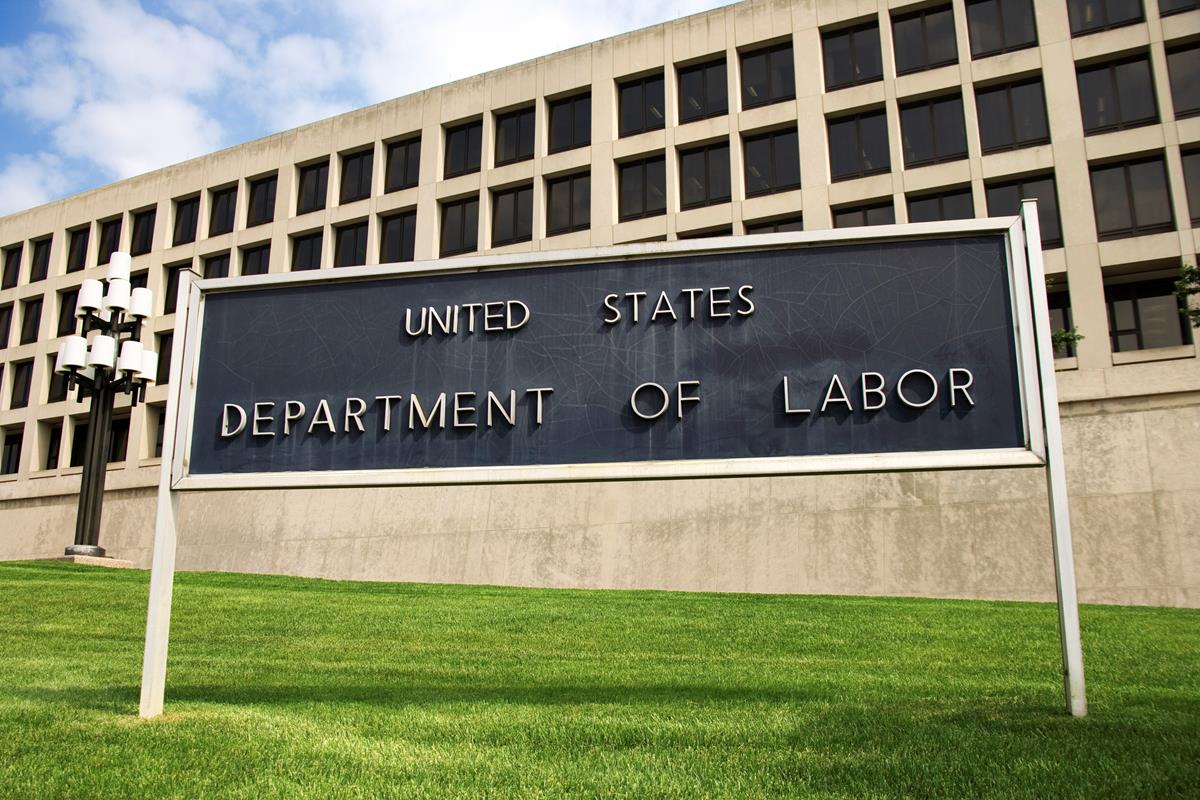Tag: wage and hour
-
 DOL Proposes Overhaul of Salary Thresholds for Exempt Employees Posted on: August 31, 2023 In: Labor & Employment Read more »
DOL Proposes Overhaul of Salary Thresholds for Exempt Employees Posted on: August 31, 2023 In: Labor & Employment Read more »
-
 Hawaii Federal Court Authorizes Government to Call Summary Witness to Present Evidence in Wire Fraud, Embezzlement Case Posted on: April 14, 2023 In: Labor & Employment
Hawaii Federal Court Authorizes Government to Call Summary Witness to Present Evidence in Wire Fraud, Embezzlement Case Posted on: April 14, 2023 In: Labor & EmploymentIn United States v. Ahakuelo, the government pursued wire fraud and embezzlement charges against three members of the International Brotherhood of Electrical Workers’ leadership based on allegations the defendants conspired to convert membership dues. The evidence supporting the government’s case consisted of voluminous, complex materials, so the government requested to call a summary witness. In granting the motion, the court explained the framework for use of summaries of evidence by witnesses.
Read more »
-
 New York State Adopts Pay Transparency Law Posted on: March 29, 2023 In: Labor & Employment
New York State Adopts Pay Transparency Law Posted on: March 29, 2023 In: Labor & EmploymentStarting September 17, 2023, many employers across New York State will be subject to new job advertising requirements under a new Pay Transparency Law. New York City employers have a head start in grappling with this issue in light of the similar city law that has been in place since November 2022.
Read more »
-
 Can I Arbitrate Private Attorneys General Act Claims in California? Posted on: December 21, 2022 In: Labor & Employment
Can I Arbitrate Private Attorneys General Act Claims in California? Posted on: December 21, 2022 In: Labor & EmploymentA common question California employers have is whether they can arbitrate wage and hour claims brought under the Private Attorneys General Act – commonly known as PAGA – in California. Until recently, the answer to that question has been a resounding “no” ever since a 2014 California Supreme Court case held that employers cannot make employees waive their rights to bring PAGA claims on a group-wide basis through an arbitration agreement.
Read more »
-
 Pennsylvania Dept. of Labor and Industry Updates Minimum Wage Act for Tipped and Overtime Employees Posted on: October 06, 2022 In: Labor & Employment
Pennsylvania Dept. of Labor and Industry Updates Minimum Wage Act for Tipped and Overtime Employees Posted on: October 06, 2022 In: Labor & EmploymentAfter maintaining the same overtime regulations for more than four decades, for the second time in less than two years, the Pennsylvania Department of Labor and Industry (DLI) has updated the Pennsylvania Minimum Wage Act to expand wage protections to tipped and overtime employees. Effective August 5, 2022, the DLI revised its wage regulations regarding compensation for tipped and salaried employees with fluctuating schedules who work overtime.
Read more »
-
 California Set to Expand Employee Access to Salary Information Through Amendment to Pay Data Reporting Law Posted on: September 19, 2022 In: Labor & Employment
California Set to Expand Employee Access to Salary Information Through Amendment to Pay Data Reporting Law Posted on: September 19, 2022 In: Labor & EmploymentOn August 30, 2022, the California legislature sent Senate Bill 1162 (SB 1162) to the desk of Governor Gavin Newsom. If signed into law, SB 1162 will impose two general obligations upon California employers: (1) to include a job position’s pay scale or salary range in any corresponding job posting or advertisement, and (2) to publish annual pay data reports.
Read more »
-
 Planning for DOL’s Anticipated Regulatory Agenda: What Employers May Expect Posted on: July 26, 2022 In: Labor & Employment
Planning for DOL’s Anticipated Regulatory Agenda: What Employers May Expect Posted on: July 26, 2022 In: Labor & EmploymentOver the last year, the U.S. Department of Labor (DOL) Wage and Hour Division (WHD) has stepped up enforcement proceedings in traditional high-priority areas, including tipped employee wages, employee meal break and rest periods, and misclassification of workers as independent contractors. Now, the DOL WHD is poised to raise the compensation threshold level for white-collar exemptions to the Fair Labor Standards Act overtime requirements, with a Notice of Proposed Rulemaking by October 2022.
Read more »
-
 Pay Attention: In California, Meal and Rest Premiums Are Now Subject to Wage Statement and Final Pay Requirements Posted on: June 09, 2022 In: Labor & Employment
Pay Attention: In California, Meal and Rest Premiums Are Now Subject to Wage Statement and Final Pay Requirements Posted on: June 09, 2022 In: Labor & EmploymentThe California Supreme Court, in Naranjo v. Spectrum Security Services, Inc., recently determined that meal and rest period premium payments are subject to the final pay timing requirements of Labor Code section 203 and the wage statement reporting requirements of Labor Code section 226(a). In addition, the prejudgment interest rate for violating any of these sections is 7%. In essence, the ruling means that these premiums may trigger derivative wage statements and waiting time penalties.
Read more »
-
 Five Things Employment Lawyers Are Talking About (and Maybe You Should Too) Posted on: May 24, 2022 In: Labor & Employment
Five Things Employment Lawyers Are Talking About (and Maybe You Should Too) Posted on: May 24, 2022 In: Labor & EmploymentWithin the Labor & Employment Advice and Counseling Group at Lewis Brisbois, we talk up a storm. We talk to each other and we talk to our clients, every day, about all the new changes being implemented by state and local lawmakers in many parts of the United States. While every employer, employee, and workplace is different and unique, you can’t help but spot some trends over time. So, what are we talking about, exactly? Here are our top five most-talked-about topics for 2022 – so far.
Read more »
-
 Check the Checklist! Four Considerations When Hiring Your First Employee Posted on: May 13, 2022 In: Labor & Employment
Check the Checklist! Four Considerations When Hiring Your First Employee Posted on: May 13, 2022 In: Labor & EmploymentSo, you’ve started a business all by yourself. That is no small feat. You have chosen an awesome company name, your tax documents are all in order, and your website has been generating lots of traffic. Now, your business is booming, and you’re up to your nose in work! It might be time to hire your first employee. That will also be no small step, and there are many considerations to, well, consider. Here’s a checklist to keep in mind.
Read more »
-
 No Private Right of Action for Financial Kickback Retaliation Under New York Labor Law Posted on: April 18, 2022 In: Labor & Employment
No Private Right of Action for Financial Kickback Retaliation Under New York Labor Law Posted on: April 18, 2022 In: Labor & EmploymentRetaliation under New York Labor Law can take many forms, but we rarely hear about it in the context of wage kickbacks. This is because the statute only provides a private right of action to plaintiffs in limited situations. A recent case made it all the way to the Court of Appeals – New York’s highest court – to determine whether an aggrieved employee could pursue his suit for kickback retaliation under the applicable Labor Law.
Read more »
-
 A Primer on Employee Expense Reimbursements in California Posted on: March 08, 2022 In: Labor & Employment
A Primer on Employee Expense Reimbursements in California Posted on: March 08, 2022 In: Labor & EmploymentIn California, employers must reimburse their employees “for all necessary expenditures or losses incurred by the employee in direct consequence of the discharge of his or her duties, or of his or her obedience to the directions of the employer." (Labor Code Section 2802.) Expense reimbursements can include use of personal cellphones, computers, vehicles, and more. The purpose of the law is to prevent employers from passing their operating expenses on to employees.
Read more »
 All Blog posts
All Blog posts